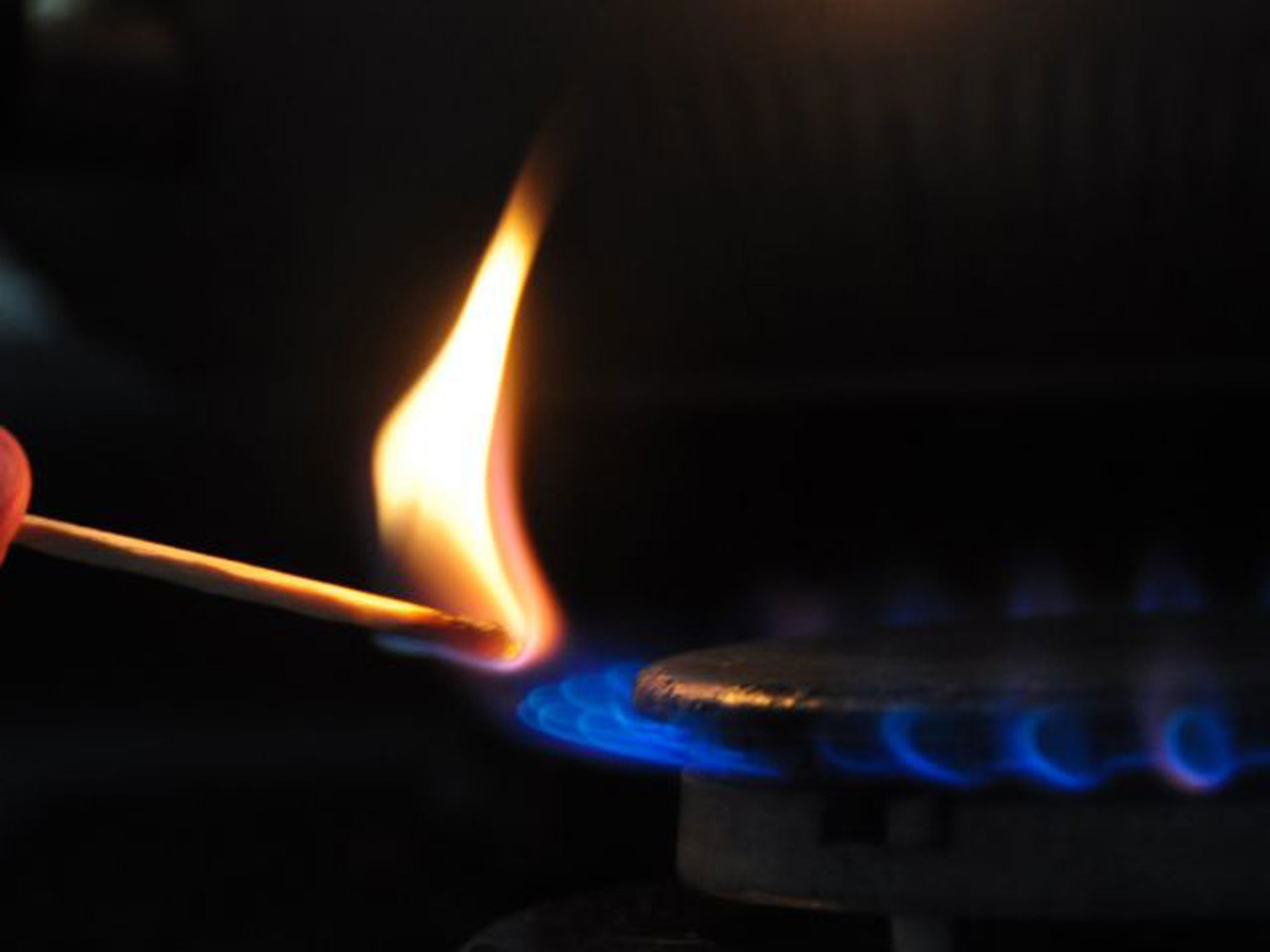Savvy Money: We still need more clarity on complex charging for energy
New plans to give a fairer deal to consumers do not go far enough to clear up the confusion

Last weekend I was involved with some filming for a BBC consumer programme, helping people in a "pop-up" advice shop. And what was the gripe that came up time and again? Energy bills.
People couldn't understand their bills, didn't know whether or not they were being overcharged by their energy company and, in some cases, were convinced they were getting ripped off. Comparison website uSwitch reckons that up to 70 per cent of customers are overcharged by the big energy providers at some point.
The government and the energy regulator Ofgem have promised to get to grips with the energy market and to sort it out so that consumers get a fair deal. But will it deliver what's expected?
Limiting the tariffs
One of the main parts of Ofgem's plans is that less really is more.
There's been a lot of publicity about the fact that energy companies will only be able to have four core tariffs.
However, they will still be able to offer a discount if you pay by direct debit, for example, or manage your account online. That means not four but 48 tariffs, as well as bundled deals (adding in boiler servicing, for example).
Better deals for new customers?
According to Co-operative Energy (one of the challengers to the big six energy companies), suppliers will be able to offer special deals for new customers who are part of a collective switching scheme.
These deals can't be offered to existing customers, so could mean next-door neighbours with the same energy consumption, with the same company, could pay different amounts for their energy.
Clearer charges
What is undoubtedly good news is there will just be one unit price and a standing charge, rather than the current, rather absurd, system where people who don't use much energy may effectively be penalised by being charged a higher rate per unit than those who use a lot.
Dead tariffs killed off
And dead tariffs will meet a sticky end – also a good idea. These are deals that customers can be put onto when, for example, a fixed-price tariff ends but that aren't available to new customers (often because they're not competitive enough).
Get a free fractional share worth up to £100.
Capital at risk.
Terms and conditions apply.
ADVERTISEMENT
Get a free fractional share worth up to £100.
Capital at risk.
Terms and conditions apply.
ADVERTISEMENT
Simplification, simplification, simplification
Some energy companies, including nPower and British Gas, have already started to simplify their tariffs (funny how this becomes a priority when tougher regulation is around the corner). But last week EDF Energy said this simplification should go further.
It believes that so-called petrol forecourt prices, namely, a single price for a unit of gas or electricity, rather than a unit price and a standing charge, would make it easier for consumers to compare what's on offer. It's backed by the consumer organisation, Which?, which says eight out of 10 customers find it easy to spot the cheapest deal using this price system.
However, Ofgem (and British Gas), aren't in favour of it.
Best tariff
And should energy companies tell us about the best tariff or make sure we're on it? David Cameron championed the latter late last year, but it's not in Ofgem's plans. All a company would have to do is tell you the best deal it offers.
A good deal?
So, where do these plans leave us? Well, I'm not convinced the idea of four core tariffs is simple enough – not if it actually means dozens of tariffs per company. Isn't that what they do now?
And I'd like to see better protection for customers who pay by direct debit. At the moment if you pay for your gas or electricity by direct debit (which the companies love) you can have trouble getting a refund if your account is in credit. Some suppliers are worse than others for this. I know because I get emails about it on a regular basis.
Verdict
Simplification of the energy market is long overdue, but the current plans still include plenty of complexity. And, over the years, energy companies have got confusion marketing down to a fine art, so I'm sure any profit they relinquish because their tariffs are "simpler" will be more than made up elsewhere.
Join our commenting forum
Join thought-provoking conversations, follow other Independent readers and see their replies
Comments
Bookmark popover
Removed from bookmarks